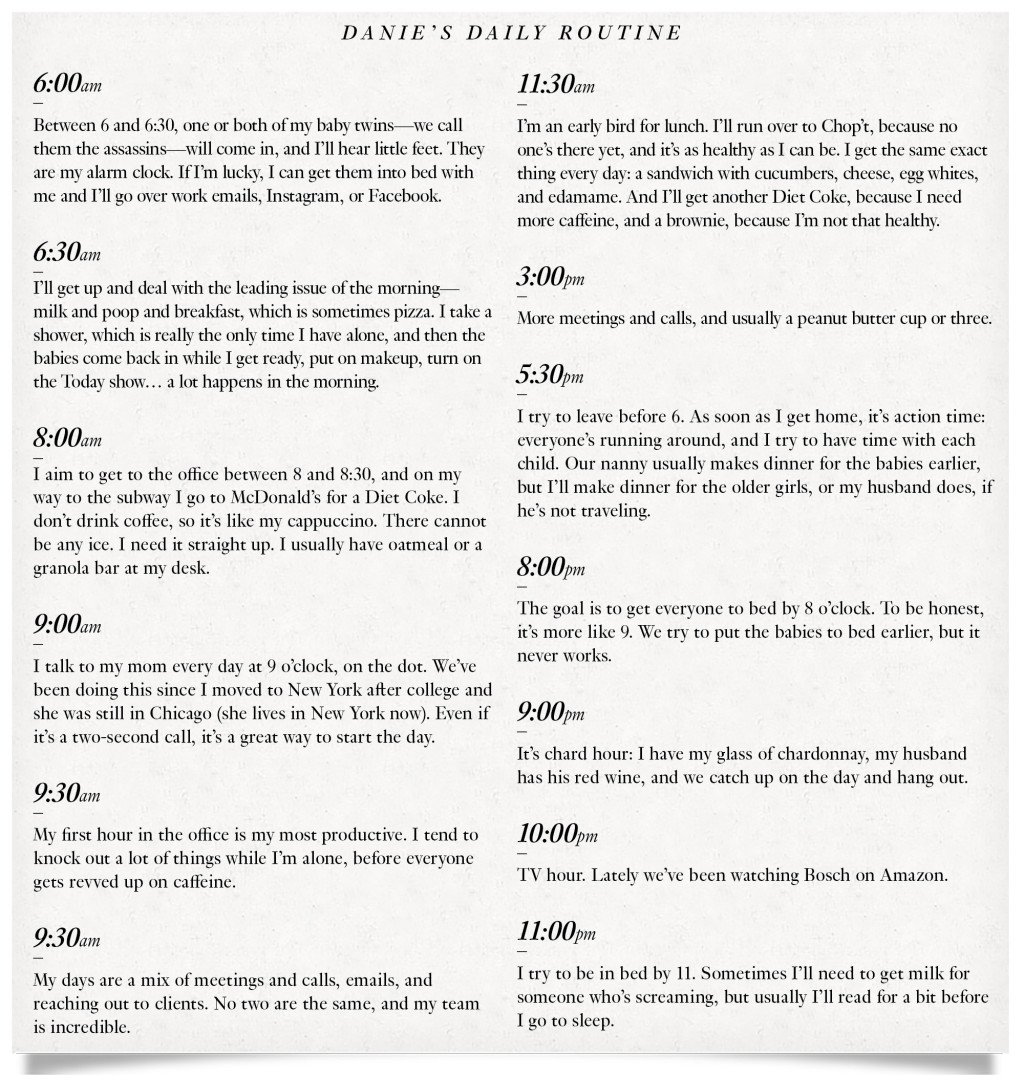Columbia Business School Professor Malia Mason on the Psychology of Power and Negotiation
September 09, 2016 | Filed in: Woman of the Week
We love taking a look into the fascinating lives (and closets) of our brilliant customers. Here, Malia Mason, a professor at Columbia Business School who specializes in negotiations, talks about original thinking, keeping her office door closed, and being an outsider in her field.
MY DAY-TO-DAY SCHEDULE is very dependent on whether I’m teaching. Part of what’s challenging about my job is that it has three very disparate parts: In addition to teaching, there’s also research and administrative work, and I have to impose my own structure to get everything done. The truth is, there are times when I could just eat crackers in bed all day and no one would know. I don’t do that, because I’d get bored, but you have to be disciplined.

Malia in the Didion top in eclipse, the Nakamura trouser, and the Broadway belt.
SOMETHING I LOVE ABOUT TEACHING is that after each class, I feel like we made progress, and we’re one session closer to the goal. Whereas with research, you could spend a full week working on a paper, and then you discover something new and realize you have to delete it all. You’re spinning your wheels a lot.
WHEN I WAS LITTLE, I didn’t think I wanted to go into academia, but my dad is a professor, so it was always on my radar. I grew up in Hawaii and started college at Berkeley, but then I transferred to Rice for a track scholarship. I was pre-med, but I wasn’t sure what I wanted to do, so after I graduated I got a job at an IT consulting firm in Texas. Then the dot-com bubble burst, and everyone was getting fired left and right, so I started looking for a next step.

Malia in the Stevie dress, standing in front of Clement Meadmore’s 1968 sculpture “The Curl,” on the Columbia campus.
IN COLLEGE, I had this really young social psychology professor named Mikki Hebl, who I totally loved. She’d come late to class and trip on the stairs and drop everything, and maybe someone would help her up, and then it would turn out that the topic of the class was bystander intervention and why some people help and others do nothing. She was incredible. She was also a runner, and after I graduated, we would go running together, and we became really good friends. She was the person who suggested that I go to graduate school, and she’s a huge reason I studied psychology. She’d gotten her Ph.D. at Dartmouth, so I ended up going to Dartmouth too, following in her footsteps. Then I did a post-doctorate at Harvard Medical School in cognitive neuroscience. I was hired at Columbia in 2007.
I’M A SOCIAL PSYCHOLOGIST by training, which means I study how people make sense of others, and how they predict the way others will behave. That’s how I got interested in negotiating, which is really just two people making a decision together. A lot of what I studied in graduate school is relevant to how people “read” each other, and the mistakes they often make in doing so. But having a cognitive background is unusual for business school professors. I’m kind of a weirdo in my field.
MY STUDENTS sometimes tell me that I’m the first female professor they’ve had in business school. But generally, they’re excited for that.

Malia in the Monique dress (lilac version available here).
I’M TRYING TO BE MORE MINDFUL about my email. I do find myself being connected constantly, which I don’t like at all. As a professor, you do have to live a somewhat monastic existence. A big part of the job is just thinking and writing, and in order to get that stuff done, I can’t be interrupted. I’ve also started keeping my office door closed.
MY CLASSES ARE INTERACTIVE, with breakout sessions where students negotiate with each other. I couldn’t just talk for three hours! Also, I want the students to come up with the answers themselves. It’s all very structured, and I have PowerPoint slides and I know what I need to get through in the time allotted. Still, keeping everybody on track and on time can be difficult.
NEGOTIATING is something that needs to be practiced—you can’t get good at it just by reading about it. One quick tip for negotiating: Before you even start, have a strong BATNA, which is a term for your next-best alternative. The better your BATNA, the more leverage you have at the negotiating table. A willingness to walk away if you don’t get what you want is very powerful.

Malia in the Rowling top in shell and the Morningside skirt in lunar jacquard.
WHEN I’M TEACHING, it dominates my mind, and I can’t have big research ideas—which is okay. Sometimes I feel like a monkey in front of all the students, running around and cracking jokes and trying to hold people’s attention. It’s definitely hard to keep up your energy when you’re not getting active social feedback—people will chuckle occasionally, but it’s mostly just you. It can be lonely and exhausting and a little embarrassing. But if I wasn’t really enthusiastic, I think the students would get bored.
I WEAR dresses and skirts as well as pants to class, but the main thing to consider is that I get so overheated when I’m teaching. I’ll wear sleeveless shirts, but definitely no silk blouses. I wore a silk blouse to class once and had to run out and change during a break because I was sweating. Everyone was like, “Did you just change?” And I was like, “Don’t worry about it!” Sometimes I’ll wear heels, just because they make an outfit look better, but they need to be comfortable.
I HAVE TENURE NOW, so I don’t have to worry about little things as much. I have the luxury to say no to people and to prioritize my own thinking time. And I want to be thinking about big things—I don’t want to be obsessing about some conversation I had, because it’s not productive. I know I still do it, and I watch other people do it, but life is short, and I’m trying to use my brain to have novel thoughts.


Photos by Frances F. Denny.









